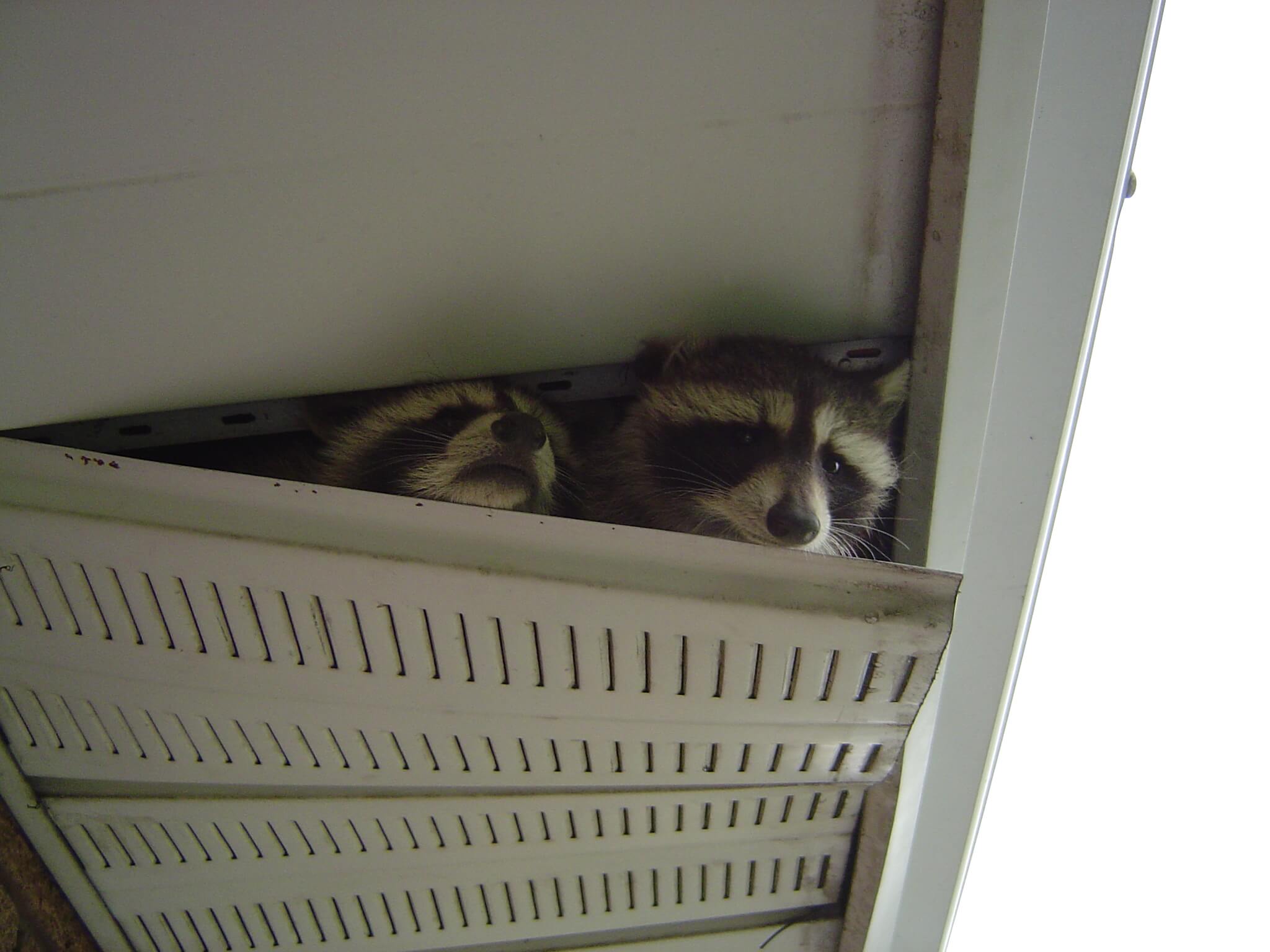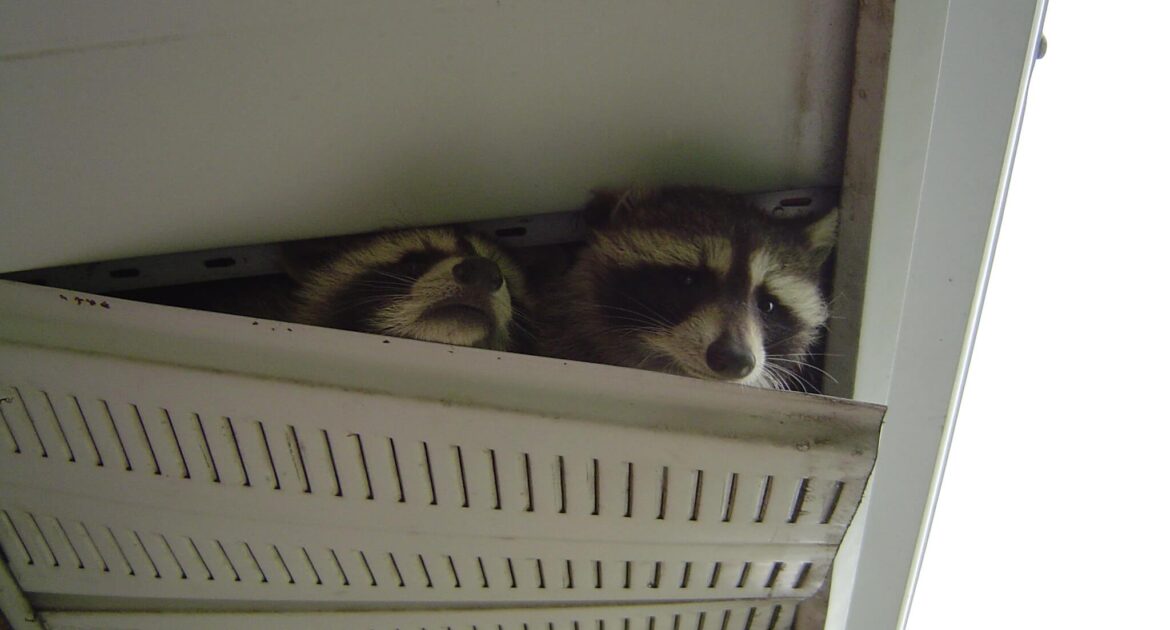Raccoons are cute, furry little creatures many people enjoy seeing. Although most of the animals live deep in the woods, occasionally they make their way into neighborhoods and you may end up sharing your attic with one. Raccoons are normally solitary creatures, but you may occasionally see a group of females travel together for small periods of time. However, if you have a raccoon infestation in your home, knowing the dynamics of your unwanted houseguests is important. Here’s what you need to know about the family dynamics of raccoons.
Are Raccoons Always Solitary?
If you see a group of raccoons together in the wild, they are probably females. When a female gets pregnant, she will go off on her own to have the babies. She will then live alone with her babies until they are old enough to be on their own.
Male raccoons, on the other hand, don’t usually get along. They are very territorial and had been known to attack babies fathered by other males. If you see a raccoon alone in the wild, chances are it is a male or a pregnant female.
When it comes to having raccoons in your house, you usually either have a single male or a mother looking for a safe place to raise her kits. It is important to know which dynamic you are dealing with so you are prepared for safe, humane raccoon removal.
What Happens If You Have a Raccoon in Your House?
Raccoons may look cute and cuddly, but they can be very aggressive and dangerous if they feel threatened. This is especially true if you are dealing with a mother raccoon and her babies. Male raccoons get very territorial and will attack any perceived threat, and while females are typically less aggressive, they can be even more dangerous when they are protecting their babies.
If you think you are sharing your home with raccoons, you first need to know whether you have a single house guest or a family. If you notice a raccoon leaving your attic during daylight hours, you probably have a mother with babies. Raccoons are typically nocturnal, but a mother will leave the nest during the day to get food for her kits. Male raccoons may not be quite as noticeable but you may hear scurrying in your attic.
There is no need to panic if you are sharing your home with a raccoon. Because the animals can harbor a wide variety of infectious diseases, it is best to have them removed as quickly as possible. However, if you keep your distance and don’t come in close contact with the creatures, you should not catch any diseases they are carrying. Call a professional for help getting rid of the raccoons without harming them.
When Should You Call in a Professional for Raccoon Removal?
Because raccoons are known to be aggressive at times and harbor infectious diseases, it is never a good idea to touch one. You could be injured in the process, and some people have even been killed due to injuries caused by raccoons. You also don’t want to risk injuring the animals. If you have a raccoon in your home, the best thing to do is contact a qualified professional such as Skedaddle Humane Wildlife Control.
Our experts are experienced at providing wildlife control in Madison. We have the tools and knowledge necessary to remove raccoons from your home without harming them. Our goal is never to hurt the animals, so we simply remove them from the house and relocate them to a safe area. We are ready to help you with humane raccoon removal, so contact us today to schedule an appointment.




